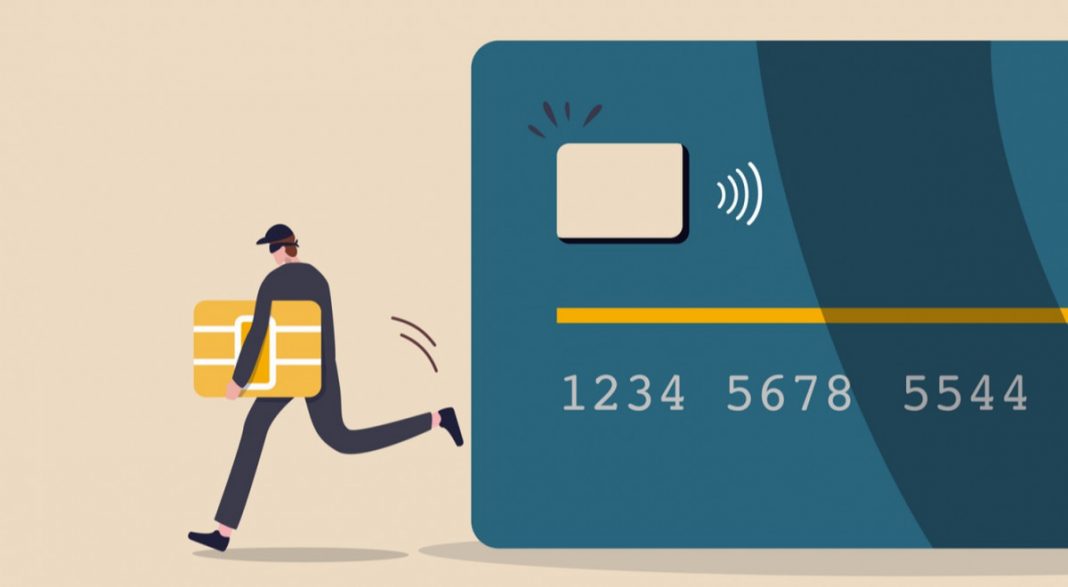Global insights company TransUnion has released a new report stating that shipping fraud has significantly increased during the pandemic.
Showcasing the company’s own research, the 2022 Global Digital Fraud Trends Report highlights that shipping fraud has risen proportionally alongside the bump in online shopping activity caused by the COVID-19 lockdowns.
The fraudulent behaviour can be seen enacted by both buyers and sellers. While buyers commit shipping fraud by spoofing an address, sellers receive transactions without sending what is being paid for.
According to the research, the issue is most prominent in the logistics industry where third-party carriers are used for the transportation and delivery of items that were purchased online.
Shai Cohen, Senior Vice President and Global Head of Fraud Solutions at TransUnion, said: “As consumers shifted from brick-and-mortar retailers to e-commerce platforms over the course of the pandemic, fraudsters gravitated toward where consumers were increasingly spending both time and money. Online shopping has become the ‘new normal’ on a global scale and as a result, the propensity for shipping fraud has also increased.”
In total, TransUnion calculates a 1,500% increase in shipping fraud from 2019 to 2021. Furthermore, the company points to a 52.2% YoY increase in digital fraud attempts from 2019 to 2021. Besides shipping fraud, other types of deceit that have increased between 2020 and 2021 include business identity theft (+113.8%) and phishing attempts (+104.8%).
“Digital fraud in financial services remains a prime target for fraudulent activity worldwide and grew 32.6% YoY, making it an increasing area of concern for businesses and consumers alike,” the firm said.
“The number one fraud type in financial services is true identity fraud – where the victim is a real person, and a fraudster uses a stolen identity to commit fraudulent transactions. As such, many financial institutions have taken steps to put greater security measures and authentication solutions in place, especially since digital banking is regarded as the industry standard,” TransUnion concluded.
Sean Donnelly, Senior Vice President of Global Fraud Solutions at TransUnion, added: “Fraud continues to impact a variety of different business sectors and fraudsters are always looking for the next opportunity.
“However, there are some industries that continue to have a target on their backs – such as financial services or travel and leisure – that should pre-emptively employ fraud detection solutions and strategies to better serve customers and protect their bottom line.”
Data was constructed by TransUnion’s risk-based authentication and fraud analytics solution TruValidate which oversees billions of transactions across more than 40,000 websites globally.
























